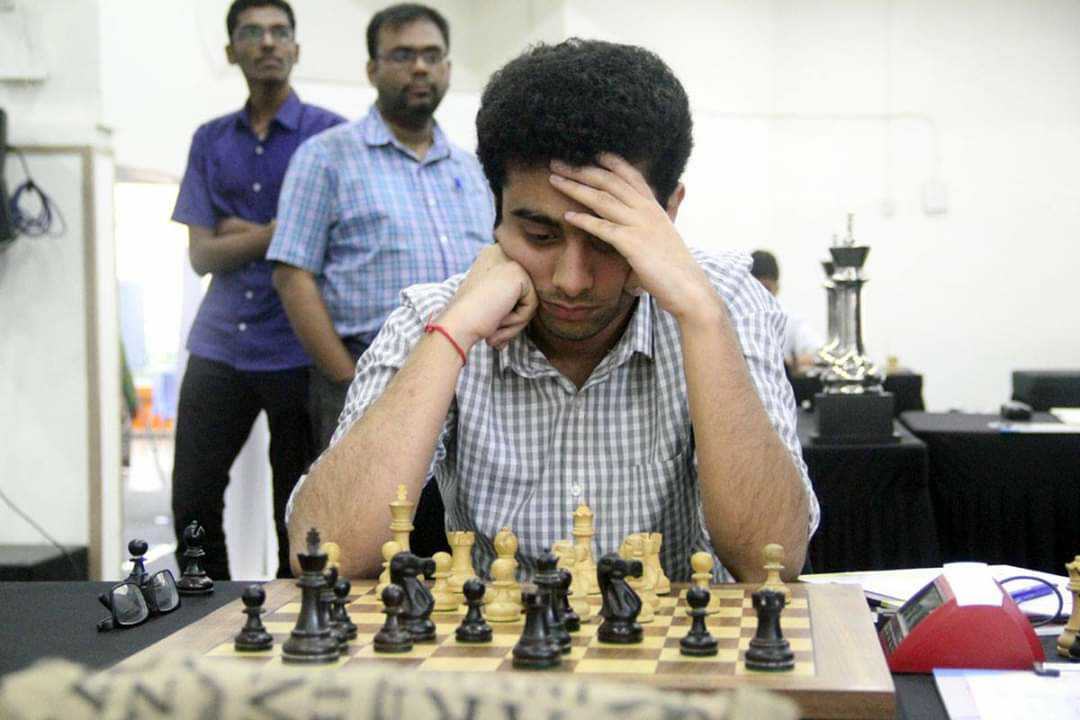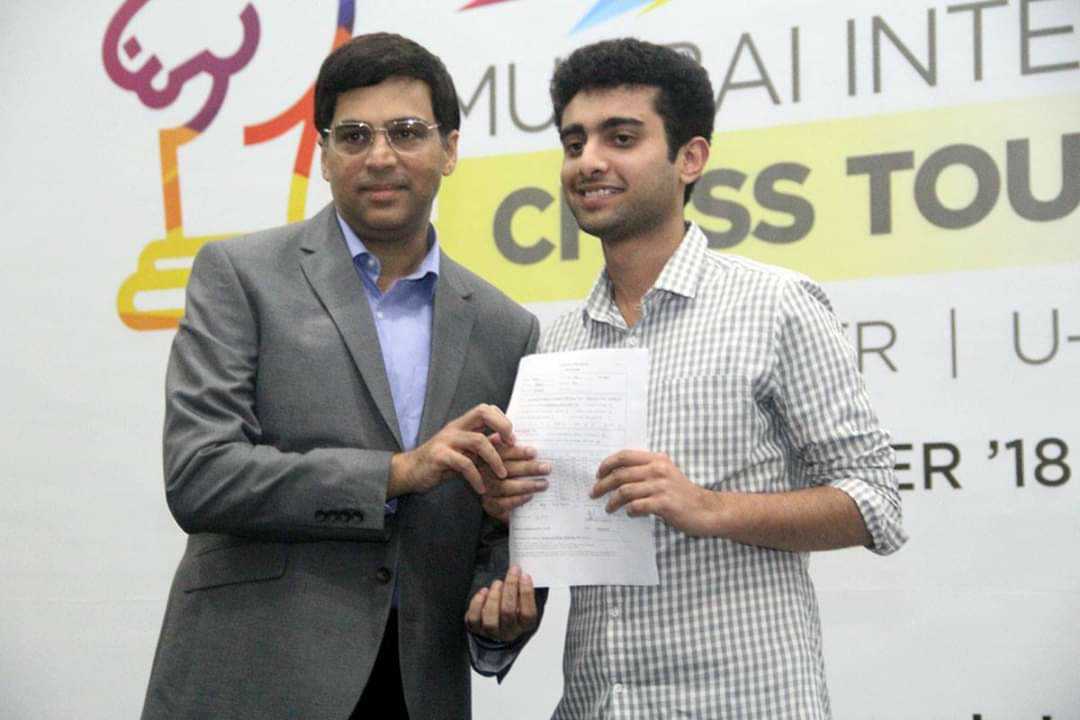Begin typing your search above and press return to search.
Featured
Chess: An Indian origin Australian International Master on his journey since switching federations

Rishi Sardana is an International Master who recently clinched the notable IIFL Wealth Mumbai International Grandmasters Chess Tournament. He did remarkably well, racing ahead of many other superior Grandmasters, and secured a superb victory. Although he has Australian citizenship, the master is based out of New Delhi and currently studies at the prestigious Sri Ram College of Commerce. In this interview, we delve deeper into his fine victory and his training regimes along with a bunch of other exciting information for aspiring chess players. So, now, on to the questions. 
- Congrats on your victory at the IIFLW Mumbai Chess International. How do you feel?
- Tell us more about the tournament. Did you think that you would win it before going into the event? How did you prepare before and during the championship? Did you have anyone help you in the preparations?

- Currently, you’re an Indian origin but Australian International Master. Can you tell us this story? How did you get into the game, change federations, and if you would play for Australia in the prestigious team events?
- You’re also a student at the well known Sri Ram College of Commerce. How has your experience been as a student and an international player? How do you balance both these activities? How is the chess culture at your university, one has heard about some fine players representing this college.
- What are your most recent goals, and how are you working towards achieving them?
- What advice would you give to other players who also aim to improve at chess if not win the biggest tournaments?
- Can you take us through some of your most favorite moments from your career until now?
- What do you like to do in your free time? Any hobbies that you pursue?
- You have recently been picked to play in the Delhi Dynamite team from the PRO Chess League. What are your ideas on this league and the team? How do you feel on playing with/against some of the strongest GMs in the world as a part of this league?
Next Story






